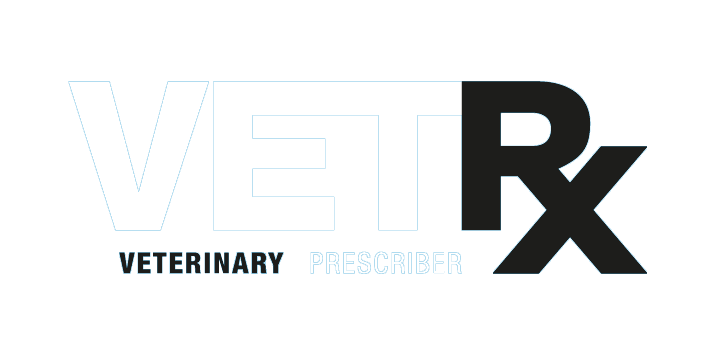Sedatives for dogs
Sedatives for dogs
Alpha-2 adrenoceptor agonists are routinely used for sedation in veterinary patients. They have sedative and analgesic effects.
Sedatives for dogs are used to relax the animal and prevent discomfort. Sedatives for dogs are normally given when performing diagnostic procedures that are not especially painful but which might be uncomfortable if it were not for the action of the sedative and to help the veterinary team to correctly position the dog. Sedatives for dogs are not used alone for surgical procedures but they might be used to complement general anaesthesia.
What sedatives for dogs are available?
Medetomidine is a well-known sedative for dogs. As a peripheral and central alpha agonist it is used for sedation, muscle relaxation and analgesia due to its action to reduce the release of noradrenaline. Medetomidine is actually a mixture (known as a racemate) containing the active chemical dexmedetomidine and its inactive mirror image chemical levomedetomidine.
Dexmedetomidine has similar efficacy to medetomidine but half the dose is needed compared with medetomidine.
Side-effects of sedatives for dogs
Medetomidine and dexmedetomidine act within vascular smooth muscle to cause peripheral vasoconstriction that increases blood pressure, leading to a compensatory fall in heart rate (bradycardia), and also cause hyperglycaemia. Both the wanted (sedation) and unwanted (cardiovascular) effects of medetomidine and dexmedetomidine may be reversed in dogs, if necessary (e.g. 15–60 minutes later), with a selective alpha-2 adrenoceptor antagonist atipamezole that acts both centrally and peripherally.
What’s new in sedatives for dogs?
Zenalpha solution for intramuscular injection for dogs (medetomidine 0.5mg/mL with vatinoxan 10mg/mL) is a new licensed prescription-only veterinary medicine for use “to provide restraint, sedation and analgesia during conduct of non-invasive, non-painful or mildly painful procedures and examinations intended to last no more than 30 minutes”.
As well as medetomidine, Zenalpha contains vatinoxan, which is a peripherally-selective alpha-2 adrenoceptor antagonist. Vatinoxan is a new veterinary drug that has not been previously available to prescribe in the UK.
What is its place in veterinary medicine?
Veterinary prescribers, purchasers and clinical advisory boards need to decide what is the place of Zenalpha in relation to the existing sedatives for dogs. For instance, should it replace single-drug medetomidine/dexmedetomidine completely, or only in certain patients or circumstances. What patients and circumstances would these be? Does Zenalpha offer real therapeutic benefits over what is currently used? Of course these are important questions to answer. Decision makers will hear what the pharmaceutical company that markets the product has to say about the benefits of the product, but they will also want to make up their own minds based on a dispassionate analysis of the evidence.
Subscribe to Veterinary Prescriber
It can be hard to find information that gives veterinary professionals the full facts about the harms as well as the benefits of medicinal products, and how different treatment options compare. Companies are great at talking about the benefits of their products but they don’t generally like them to be compared with alternatives and they don’t want to draw attention to any disadvantages. Veterinary Prescriber publishes impartial reviews of the evidence to help vets decide whether new products such as Zenalpha have advantages in terms of efficacy, safety, ease of use, environmental impact or cost compared with products they currently use. We are experts in finding and interpreting clinical evidence and other information on medicines and presently it succinctly for application in clinical practice. We publish our impartial reviews as modules in the Virtual Veterinary Medicines Academy. You can read more about how we review medicines in our About page. Crucially, Veterinary Prescriber is independent of the pharmaceutical industry. It is funded by subscribers, which allows us to be completely objective. You can subscribe to Veterinary Prescriber as an individual or as a veterinary practice.

